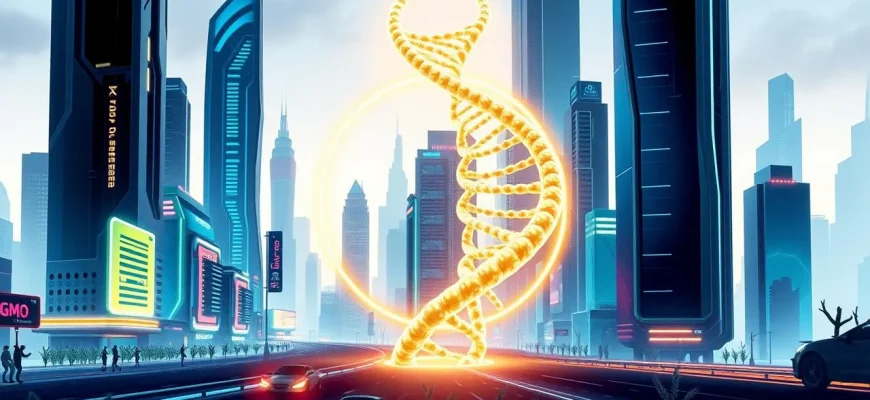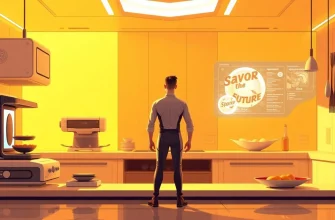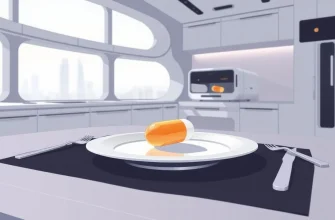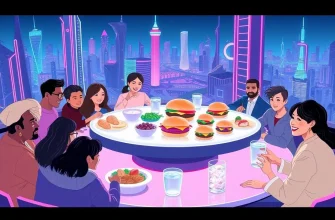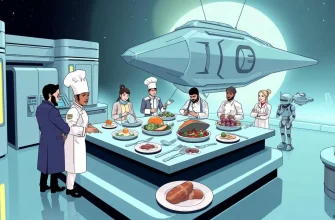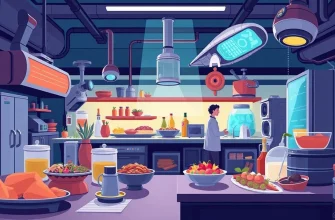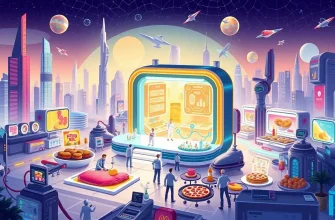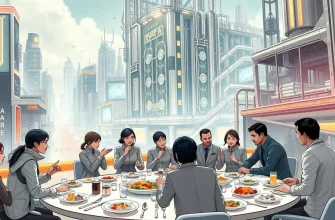In a world where technology and nature intertwine, genetically modified organisms (GMOs) have become a staple in our diets. These films delve into the ethical, environmental, and societal implications of GMOs, offering a thrilling mix of science fiction and food for thought. From dystopian futures to utopian promises, these movies explore the potential consequences of our genetic tinkering with nature's bounty.
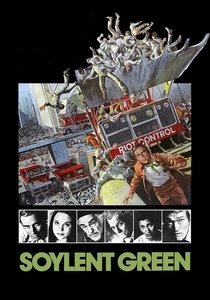
Soylent Green (1973)
Description: In a dystopian future, overpopulation and food shortages lead to the creation of Soylent Green, a food product with a shocking origin. It's a classic exploration of food production ethics.
Fact: The film's famous line, "Soylent Green is people!" became a cultural touchstone.
 Watch Now
Watch Now 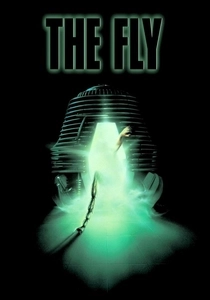
The Fly (1986)
Description: A scientist's experiment with teleportation goes awry, fusing his DNA with that of a fly. While not directly about GMOs, it explores the horror of genetic mishaps.
Fact: The film was directed by David Cronenberg, known for his body horror genre, and features a famous "Brundlefly" transformation scene.
 Watch Now
Watch Now 
Gattaca (1997)
Description: In a society where genetic engineering determines one's social status, a naturally born man must assume the identity of a genetically superior individual to pursue his dream of space travel.
Fact: The film's title is based on the letters that make up the components of DNA: guanine, adenine, thymine, and cytosine.
 Watch Now
Watch Now 
The Matrix (1999)
Description: Although not directly about GMOs, the film's concept of humans being used as a power source by machines touches on themes of human manipulation and control, akin to genetic engineering.
Fact: The Wachowskis developed the film's concept over several years, inspired by various philosophical and cyberpunk ideas.
 Watch Now
Watch Now 
The Day After Tomorrow (2004)
Description: While primarily about climate change, the film touches on the unintended consequences of human intervention in natural processes, including genetic engineering.
Fact: The film was criticized for its scientific inaccuracies but praised for its visual effects.
 Watch Now
Watch Now 
The Island (2005)
Description: In a futuristic world, clones are created for organ harvesting. While not explicitly about GMOs, the film raises questions about the ethics of genetic engineering and the commodification of life.
Fact: The film features a cameo by Michael Clarke Duncan, who plays Starkweather Two Delta, a character who helps the protagonists escape.
 Watch Now
Watch Now 
Splice (2009)
Description: Two genetic engineers create a new organism by splicing animal DNA, leading to unforeseen consequences. It's a chilling look at the potential dangers of playing God with genetics.
Fact: The creature Dren was created using a combination of practical effects and CGI, with actress Delphine Chanéac portraying the character.
 Watch Now
Watch Now 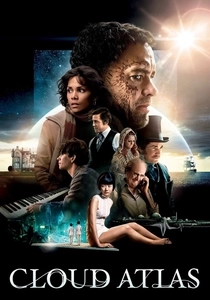
Cloud Atlas (2012)
Description: This epic film spans multiple timelines, one of which involves a future where food is genetically modified to be both nutritious and palatable, exploring themes of control and freedom.
Fact: The film required actors to play multiple roles across different time periods, showcasing their versatility.
 Watch Now
Watch Now 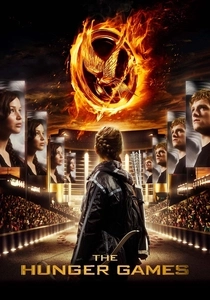
The Hunger Games (2012)
Description: While the focus is on a dystopian society, the film subtly addresses issues of food scarcity and the manipulation of food supplies, including genetically modified crops.
Fact: The film was adapted from the best-selling novel by Suzanne Collins, which itself was inspired by reality TV and Greek mythology.
 Watch Now
Watch Now 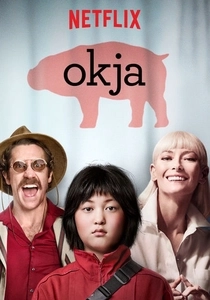
Okja (2017)
Description: This film follows a young girl's journey to save her genetically modified super-pig from a multinational corporation. It's a poignant exploration of corporate greed, animal rights, and the ethics of GMOs.
Fact: Okja was directed by Bong Joon-ho, who later won an Academy Award for Parasite. The film was released simultaneously on Netflix and in select theaters.
 30 Days Free
30 Days Free 
